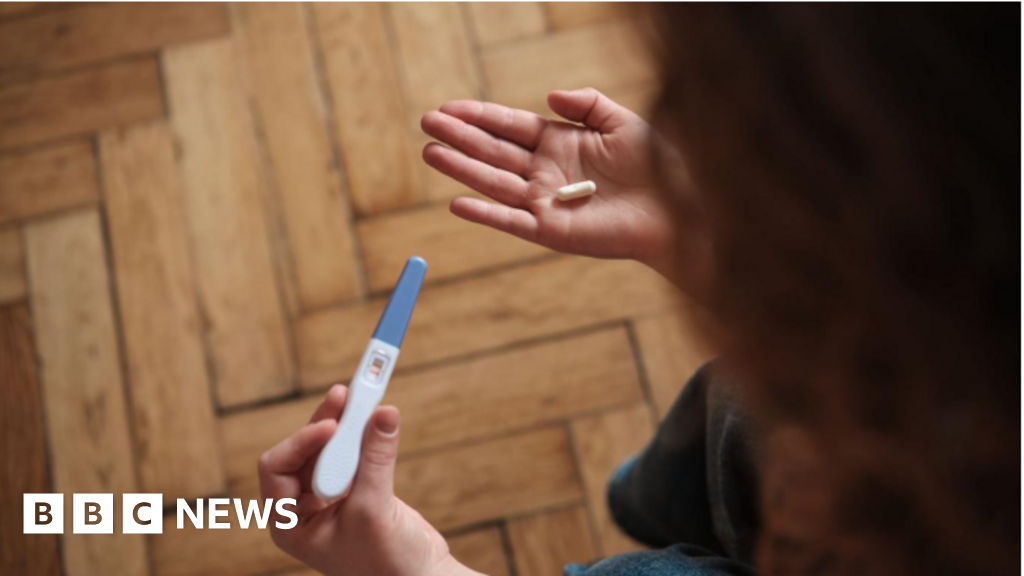The UK Parliament has taken a significant step toward decriminalising abortion for women in England and Wales. Under existing legislation, abortion is prohibited except in certain cases before the 24-week mark, or beyond that if a woman’s life is at risk.
In a vote reflecting personal convictions, Members of Parliament (MPs) overwhelmingly supported the reform, with a majority of 242 votes in favor. Labour MP Tonia Antoniazzi, representing Gower, spearheaded the initiative to decriminalise the 1% of abortions that occur after 24 weeks. She emphasized that these cases involve “desperate women” who deserve “compassion not criminalisation.”
The proposed amendment to the Crime and Policing Bill aims to eliminate the threat of investigation, arrest, prosecution, or imprisonment for women seeking late-term abortions. Antoniazzi pointed out that nearly 99% of abortions take place before the 20-week mark, leaving a small fraction of women in dire situations.
Citing several incidents where women faced arrest for illegal abortion practices, Antoniazzi urged her colleagues to back the change, stating, “these women need care and support, and not criminalisation.” She criticized the antiquated law, noting that it was initially enacted by an all-male Parliament, calling it a relic of the Victorian era that continues to impact vulnerable individuals.
From 1861 until November 2022, only three women were convicted of illegal abortions, coinciding with the recent legal adjustment allowing women to access abortion pills at home up to 10 weeks into their pregnancy. Reports from the UK’s largest abortion service indicate that over the last five years, at least 100 women have been investigated for seeking abortions, with six cases reaching the courtroom.
Labour MP Stella Creasy questioned the rationale behind maintaining such outdated laws, advocating for an amendment that would completely eliminate abortion-related provisions from the 1861 Act and establish access to abortion as a human right. Although 108 MPs supported this proposal prior to the debate, it faced criticism from abortion providers like the British Pregnancy Advisory Service (BPAS) and did not proceed to a vote.
A competing amendment from Conservative shadow health minister Dr. Caroline Johnson sought to curb access to pills-by-post abortions by mandating in-person consultations before prescriptions. However, this amendment was decisively rejected, with 379 MPs against and 117 in favor.
Support for Antoniazzi’s amendment came from 379 MPs, while 137 opposed it. The new clause will not alter any existing laws governing abortion services, including time limits, telemedicine provisions, or the requirements for medical approval.
The proposal has garnered backing from all major abortion providers and 180 MPs, along with 50 organizations, including the Royal College of Obstetricians and Gynaecologists (RCOG). The measures still require final legislative approval from both the Commons and the Lords before becoming law.
Advocates celebrated the vote, including BPAS chief executive Heidi Stewart, who has championed the change since 2016. Stewart described the move as a “landmark moment for women’s rights in this country” and the most significant reform since the 1967 Abortion Act, asserting, “There will be no more women investigated after enduring a miscarriage, no more women dragged from their hospital beds to the back of a police van, no more women separated from their children because of our archaic abortion law.”
Contrastingly, the Society for the Protection of Unborn Children (SPUC) expressed dismay at the decision. Public policy manager Alithea Williams stated, “If this clause becomes law, a woman who aborts her baby at any point in pregnancy, even moments before birth, would not be committing a criminal offence. Now, even the very limited protection afforded by the law is being stripped away.”

